Dhaka, Sep 05 (V7N)- The Cabinet Department of Bangladesh has issued a formal directive to all government offices, instructing them to discontinue the use of single-use plastic products in an effort to combat environmental pollution. The decision, made in consultation with the Ministry of Environment, Forest and Climate Change, was announced on Thursday and outlines several measures aimed at promoting the use of eco-friendly alternatives.
The directive encourages all government ministries, departments, and affiliated organizations to replace plastic products with environmentally sustainable materials. Key changes include:
1. Paper and Eco-Friendly Folders: Offices are directed to use files and folders made of paper or other biodegradable materials instead of plastic ones.
2. Jute and Cotton Bags: Cotton or jute bags are to replace plastic bags for official use.
3. Glass Water Bottles: The use of glass bottles and glasses is recommended in place of plastic water bottles.
4. Biodegradable Banners: Plastic banners are to be replaced with those made from cotton or jute fabric, or other biodegradable materials.
5. No Plastic Laminates: Plastic laminates on visiting cards, invitations, and brochures are to be avoided entirely.
6. Eco-Friendly Food Packaging: Food served during meetings or seminars should be packaged in paper or biodegradable containers instead of plastic ones.
7. Non-Plastic Pens: Offices are advised to use pencils and paper-based pens, phasing out plastic pens.
8. Avoid Laminated Packaging: Laminated packaging for reports and publications should be eliminated.
9. Flower Bouquets: Plastic materials in flower bouquets are to be avoided.
These instructions have been passed down to senior secretaries, divisional commissioners, and deputy commissioners to ensure implementation across all ministries and departments.
The initiative aims to tackle the significant environmental damage caused by single-use plastics, which take centuries to decompose and pose severe threats to marine, freshwater, and terrestrial ecosystems. According to a study by the U.S. National Oceanic and Atmospheric Administration, even common plastic grocery bags can take up to 20 years to break down in nature.
This latest directive follows an August 15 letter from the Cabinet Department, urging all ministries to take action to declare government offices single-use plastic-free zones. On August 28, the Ministry of Environment officially identified 17 types of single-use plastic products that should no longer be used.
The Ministry of Environment and its subordinate departments have already taken steps to ban single-use plastics at both personal and official levels, issuing a formal office order on August 29 to reinforce the change.
With this move, the government hopes to set a national example in reducing the country's plastic footprint, aligning with global efforts to protect the environment and promote sustainability.



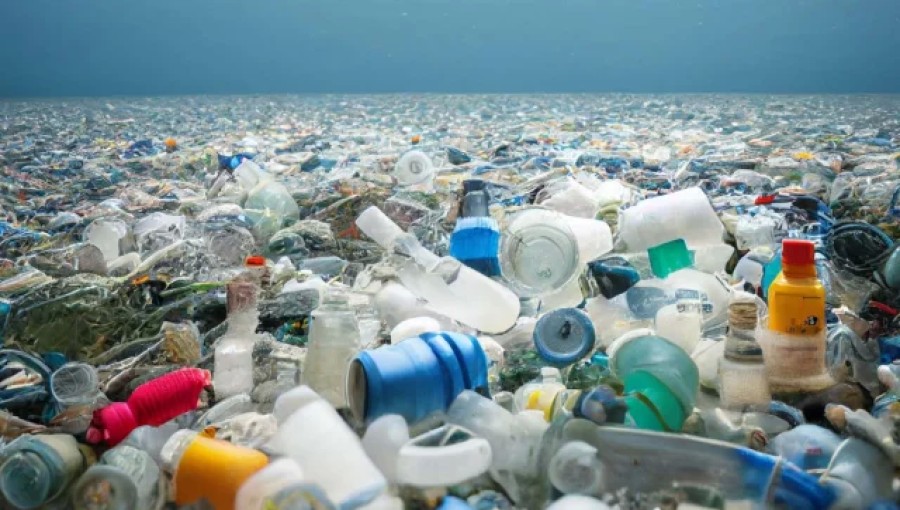


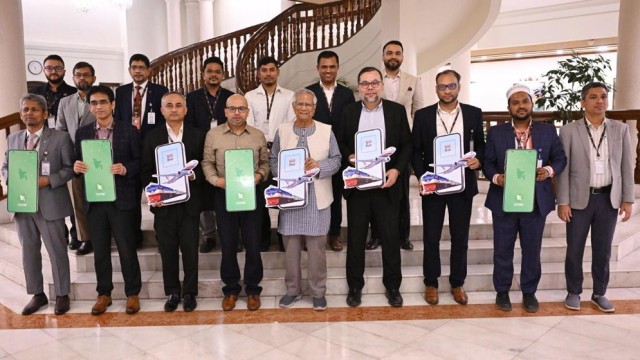


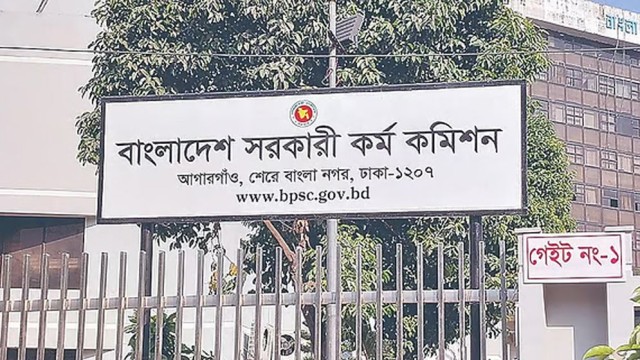




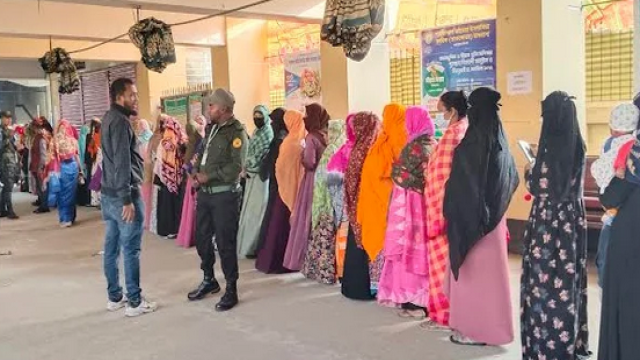
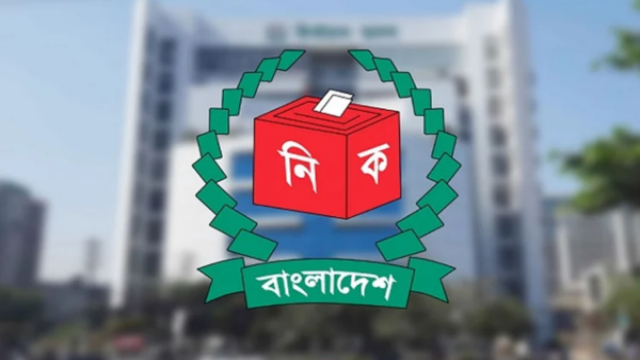















Comment: